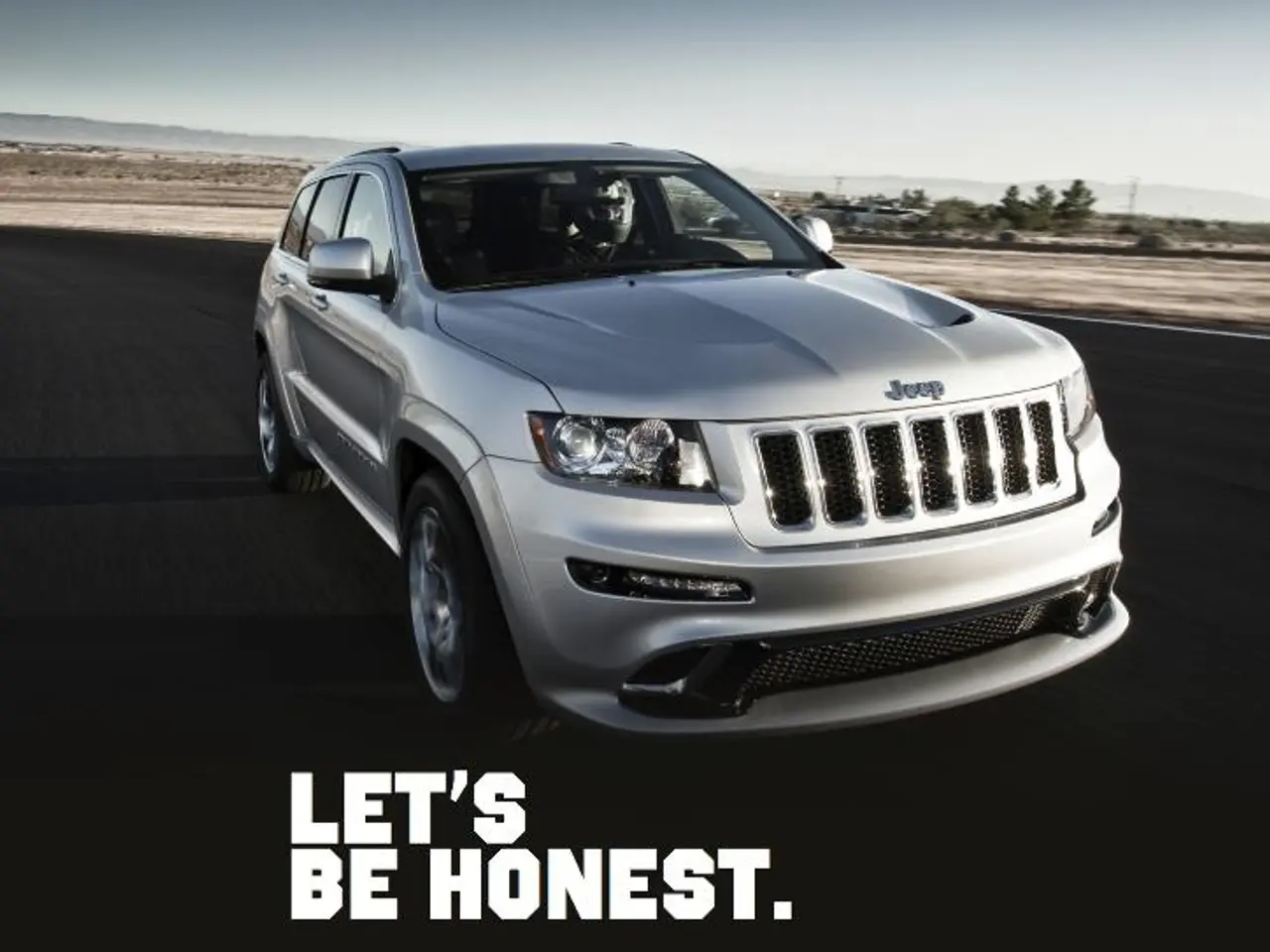FDA Approves CAR T-Cell Therapy for Blood Cancers, Hope for Lung Cancer
The FDA has approved CAR T-cell therapy for specific blood and lymphatic cancers, but not yet for small cell lung cancer (SCLC). This therapy, though promising, comes with a high price tag and potential serious side effects. Current research aims to overcome these challenges and expand its use.
CAR T-cell therapy works by modifying immune cells to better target and eliminate cancer cells. It has shown success in treating certain blood and lymphatic cancers, but less so in solid tumors like SCLC due to 'T-cell exhaustion'.
The therapy can cost between $373,000-$475,000 per infusion, plus additional monitoring costs. Side effects can range from mild symptoms like headaches and fever to severe issues such as low blood pressure and organ failure, known as cytokine release syndrome.
Recent studies offer hope for SCLC treatment. A 2023 pre-clinical trial found that DLL3-targeting CAR T-cells significantly increased anti-tumor activity in mice with SCLC. The addition of IL-18 to CAR T-cells in the trial reduced T-cell exhaustion, increased CAR T-cell multiplication, and activated tumor-infiltrating lymphocytes.
As of 2025, CAR T-cell therapy has not yet received regulatory approval for SCLC, though clinical trials are underway to determine its safety and efficacy. Despite its high cost and potential serious side effects, the therapy's promise in blood cancers and recent pre-clinical trial results in SCLC offer hope for future approval and expanded use.





